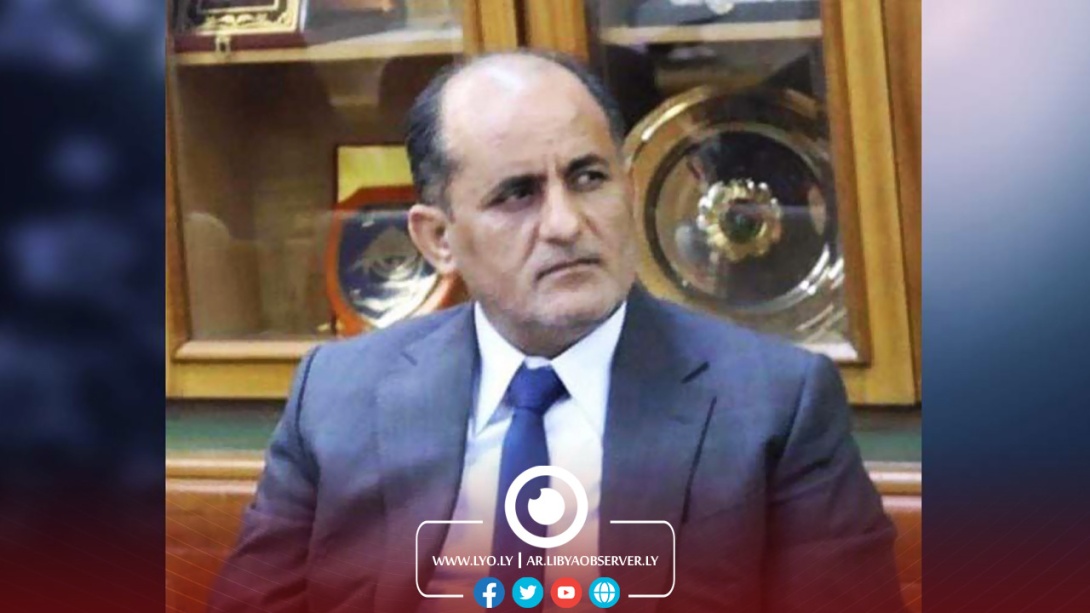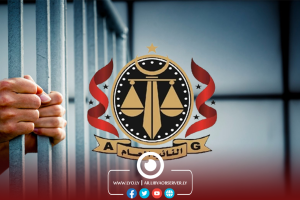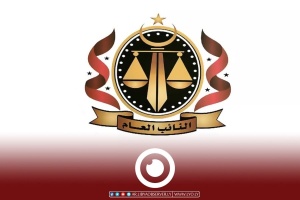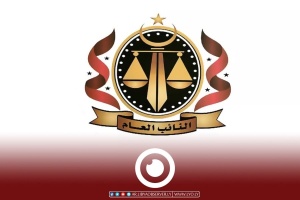The National General Maritime Transport Company confirmed on Sunday its full readiness to cooperate with the Attorney General’s Office and to submit any documents, financial or administrative information related to the company in the ongoing investigations targeting its suspended CEO, Khalid Al-Twati.
The company said that it was committed to cooperating with the AG Office to ensure the application of the law and the preservation of both public and private rights, with regard to facilitating all administrative, financial and technical reviews with the Audit Bureau, the Administrative Control Authority and the National Anti-Corruption Authority, through its committees in charge of reviewing or based on the company’s correspondence inside or outside of Libya.
In a statement published on its Facebook page, the company welcomed the AG Office’s response to the company’s request to reveal the CEO's fate, saying that his “forced disappearance” has been ongoing since January 31, following the Attorney General's statement that ordered his arrest pending investigation.
The company said that announcing the CEO's whereabouts will have a positive impact on the company before external parties and its customers because this will enhance the confidence in the company’s legal and administrative entity and in the state’s legal and governmental institutions, guarantee their rights and preserve the public interest.
It renewed its confidence in the efforts of the Libyan judiciary to achieve justice and guarantee the rights of all, declaring its condemnation of all malicious attempts that attempt to mislead and undermine the confidence of the Libyan citizens in the integrity of the Libyan judiciary and state institutions.
On Saturday, the AG Office announced the imprisonment of Al-Twati on charges of wasting public funds and obtaining illegal gains. This was after the prosecution had previously investigated the Internal Security Agency’s reasoning related to the company’s financial turmoil, especially the management of contractual relations, which proved the CEO's responsibility for causing serious damage to public funds.






